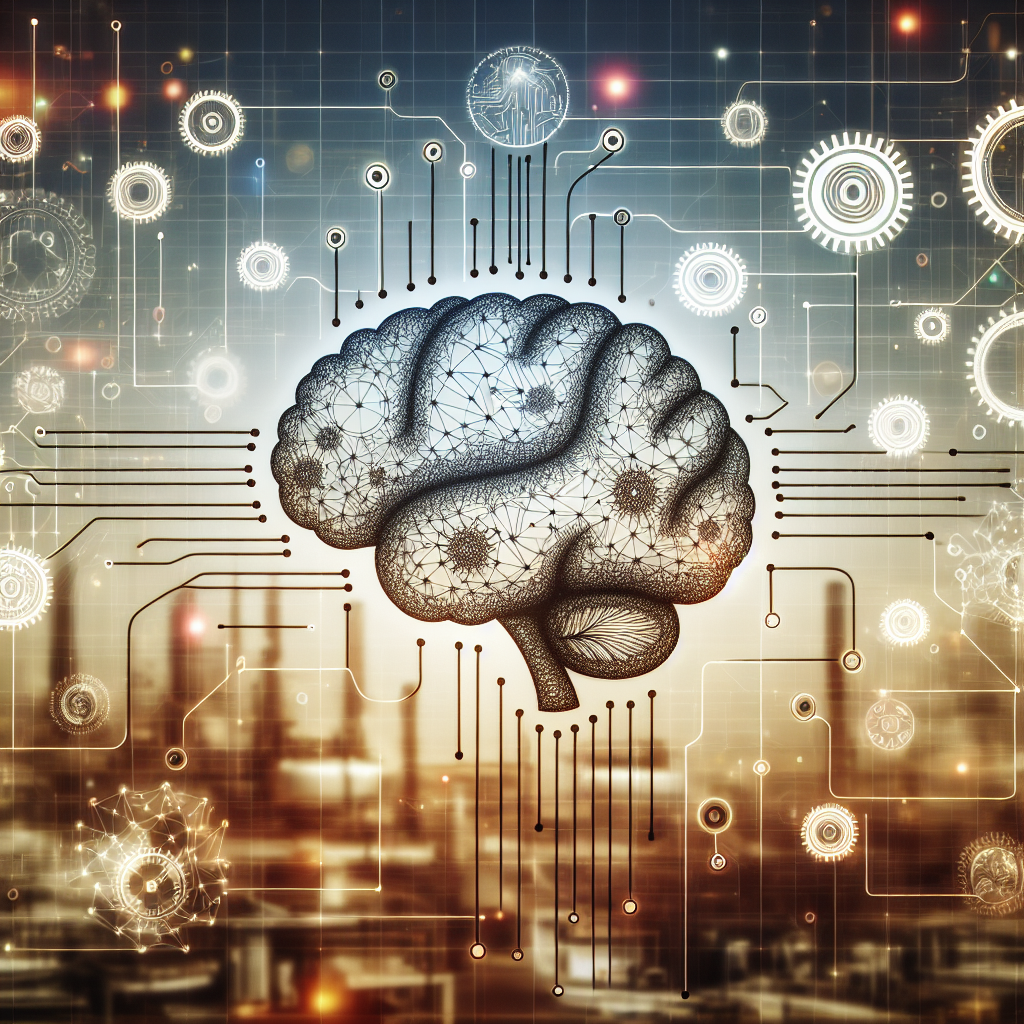Artificial General Intelligence (AGI) is a term used to describe a level of artificial intelligence that has the ability to understand and learn any intellectual task that a human can. This type of AI is seen as the next step in the evolution of machine intelligence, surpassing the current state of narrow artificial intelligence systems that are designed for specific tasks.
As AGI continues to develop and advance, there is growing concern about the impact it will have on the future of work. Automation and AI technologies are already changing the way we work, but the potential for AGI to take over a wide range of tasks currently performed by humans is raising questions about what the future of work will look like.
In this article, we will explore the implications of AGI on the future of work and discuss how individuals and organizations can prepare for a new era of automation.
The Impact of AGI on the Future of Work
AGI has the potential to revolutionize the way we work by automating a wide range of tasks that are currently performed by humans. This includes not only routine and manual tasks, but also cognitive and creative tasks that have traditionally required human intelligence.
One of the key implications of AGI on the future of work is the potential for widespread job displacement. As AGI systems become more advanced and capable of performing complex tasks, there is a risk that many jobs will become obsolete. This could lead to significant disruption in the labor market, with millions of workers facing unemployment or having to transition to new roles.
However, the impact of AGI on the future of work is not all negative. Automation has the potential to increase productivity, reduce costs, and improve the quality of goods and services. By automating routine and repetitive tasks, workers can focus on more creative and strategic tasks that require human intelligence.
Moreover, AGI has the potential to create new job opportunities in fields such as AI research, data science, and robotics. As AGI systems become more advanced, there will be a growing demand for individuals with the skills and expertise to develop and maintain these systems.
Preparing for a New Era of Automation
As AGI continues to advance, it is important for individuals and organizations to prepare for a new era of automation. Here are some strategies for preparing for the impact of AGI on the future of work:
1. Upskill and reskill: With the rise of automation, it is important for workers to continuously upskill and reskill to remain competitive in the labor market. This may involve acquiring new skills in fields such as data science, AI, and robotics, or adapting existing skills to new roles that emerge as a result of automation.
2. Embrace lifelong learning: The pace of technological change is accelerating, making lifelong learning essential for staying relevant in the workforce. Individuals should seek out opportunities for continuous learning, whether through formal education programs, online courses, or on-the-job training.
3. Foster a culture of innovation: Organizations should foster a culture of innovation to adapt to the changing landscape of work. This may involve encouraging employees to experiment with new technologies, processes, and business models, and providing support for innovation initiatives.
4. Invest in AI research and development: To stay competitive in the age of AGI, organizations should invest in AI research and development to develop cutting-edge technologies and solutions. This may involve partnering with academic institutions, startups, and other organizations to drive innovation in AI.
5. Prepare for job transitions: As automation takes over more tasks, workers may need to transition to new roles or industries. Organizations should provide support for job transitions, such as training programs, career counseling, and job placement services.
FAQs
Q: Will AGI replace all human jobs?
A: While AGI has the potential to automate a wide range of tasks, it is unlikely to replace all human jobs. Some tasks will still require human intelligence, creativity, and emotional intelligence that cannot be replicated by AI.
Q: How can individuals prepare for the impact of AGI on the future of work?
A: Individuals can prepare for the impact of AGI by upskilling and reskilling, embracing lifelong learning, fostering a culture of innovation, investing in AI research and development, and preparing for job transitions.
Q: Will AGI create new job opportunities?
A: Yes, AGI has the potential to create new job opportunities in fields such as AI research, data science, and robotics. As AGI systems become more advanced, there will be a growing demand for individuals with the skills and expertise to develop and maintain these systems.
Q: What are the potential benefits of AGI on the future of work?
A: AGI has the potential to increase productivity, reduce costs, and improve the quality of goods and services. By automating routine and repetitive tasks, workers can focus on more creative and strategic tasks that require human intelligence.
In conclusion, AGI has the potential to revolutionize the way we work by automating a wide range of tasks currently performed by humans. While there are concerns about widespread job displacement, there are also opportunities for increased productivity, innovation, and new job opportunities. By preparing for the impact of AGI on the future of work, individuals and organizations can adapt to a new era of automation and thrive in the age of AI.

